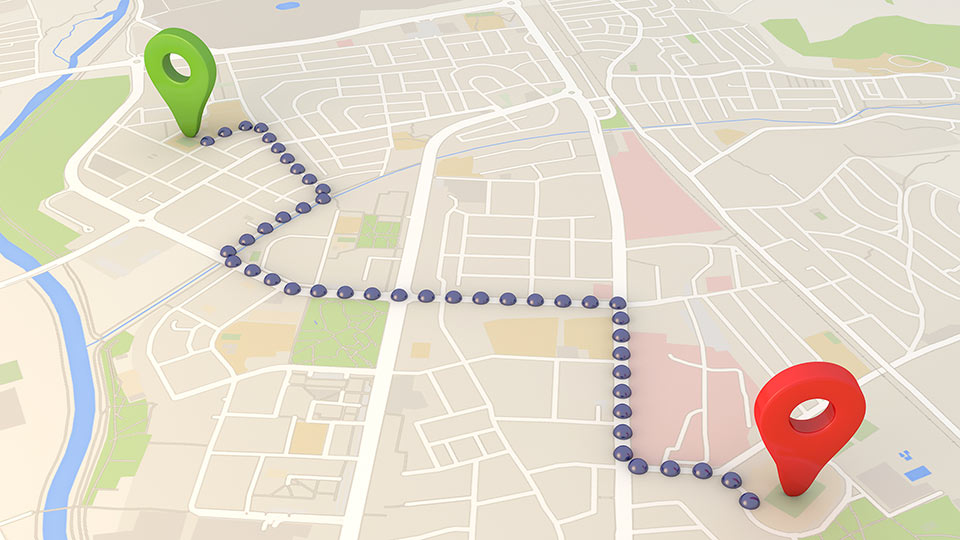Knowledge is power with data mining
Sir Francis Bacon said "knowledge is power" back in and this holds true today. Data mining and predictive analytics are transforming business organizations.
By Geotab
Apr 5, 2013
Updated: Dec 27, 2023

Everybody, at some point or another, has heard or seen the quote: “knowledge is power.” This quote is attributable to Sir Francis Bacon, an English philosopher, scientist, and author, and dates all the way back to 1597. The quote still holds true in the 21st century as data, now a widespread tool, helps fuel knowledge.
While the benefits and processes vary across each industry and type of organization, the essence of data mining remains the same – searching, discovering, and tracking patterns and the unique relationships between them. Predictive analytics are a central component of data mining, since decisions about future events can be more easily identified.
Collecting data without sufficient analysis requires management to defer back to intuition-based thinking, rather than evidence-based decision-making.
From marketing and sales, to banking and government, to basketball and football teams – data mining and analytics are being applied everywhere.
Suggested Reading:
Goodbye Traffic Jams. Hello Telematics. Predicting Traffic Congestion with Driving Behavior
Why the world's leading fleets rely on data
Data Mining with Telematics
Data mining with the use of telematics technology, also known as GPS fleet management and vehicle tracking, covers vast topics, including safety, productivity, optimization, to compliance. For example, organizations can mine fuel and distance data to get an idea of which drivers are more efficient which on the road, and why. Using GPS data can also indicate which driver’s speed or idle excessively, and the impact it has on the environment.
The question of whether or not data analytic works has evolved to, how can we harness this information to make better internal decisions? To learn more about the role of data within your organization, please contact Geotab.
Related Posts:
Getting Started with Big Data using M2M Telematics
Subscribe to get industry tips and insights
Geotab team
Table of Contents
Subscribe to get industry tips and insights
Related posts



The impact of unproductive idling on police vehicle service life
June 10, 2025
3 minute read

Multi-stop route planners: A fleet manager's guide + best tools in 2025
June 5, 2025
5 minute read

Commercial truck insurance cost: Rates by state + how to save
June 5, 2025
5 minute read
